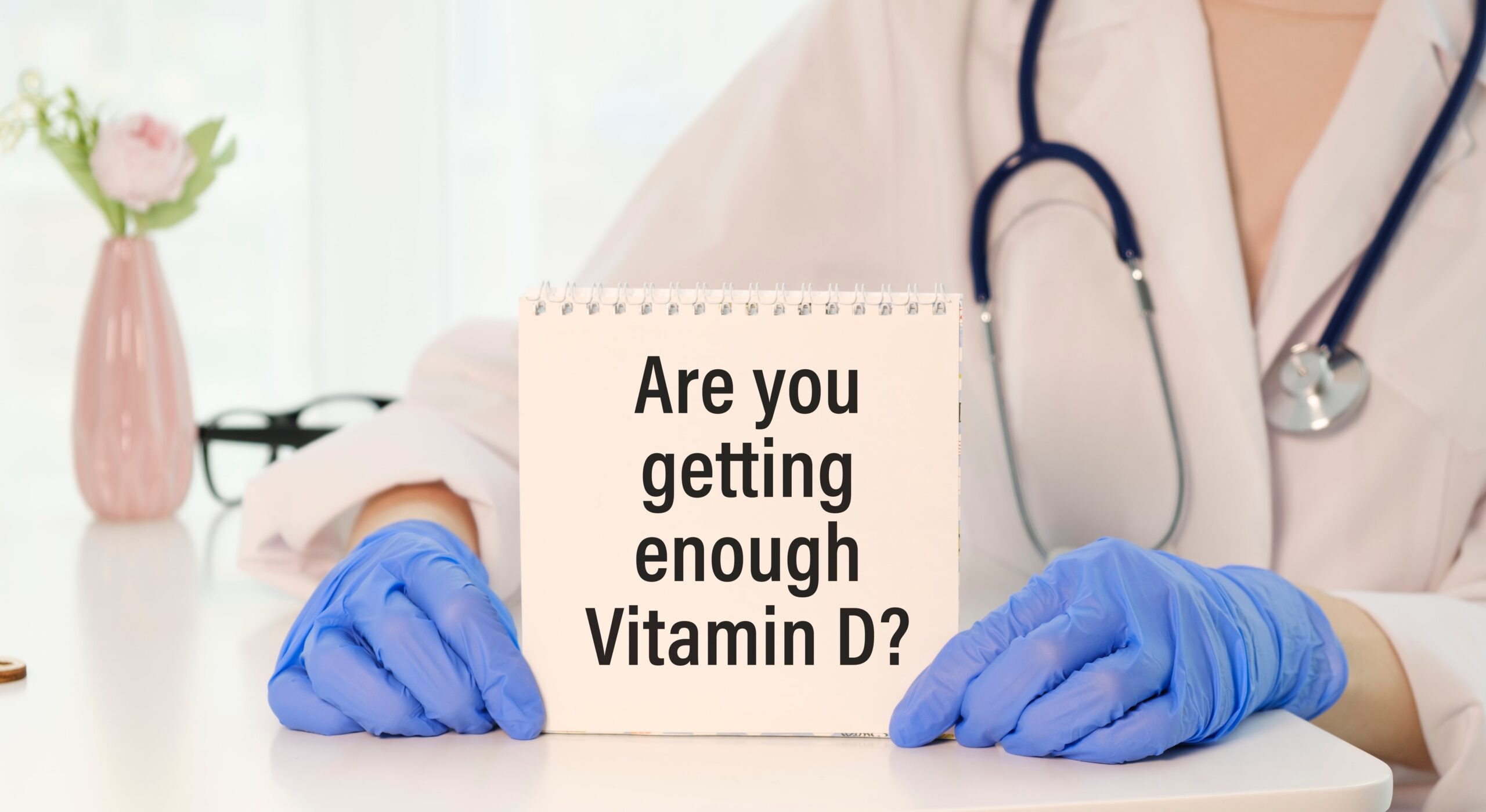Vitamin D plays a crucial role in maintaining healthy bones, supporting your immune system, and helping your body fight off various illnesses. Known as the “sunshine vitamin,” your body typically produces vitamin D when exposed to sunlight. You can also obtain vitamin D from foods like fatty fish, fortified dairy products, and egg yolks. However, if you’re not getting enough of this important nutrient, it can lead to a variety of health issues.
Symptoms of Vitamin D Deficiency
A vitamin D deficiency can often go unnoticed until you begin to experience certain symptoms. Some of the common signs of low vitamin D levels include:
- Fatigue and Weakness
If you’re frequently feeling tired, weak, or lack energy, it could be a sign of vitamin D deficiency. This is especially true if you’re getting enough rest but still feel fatigued during the day. - Frequent Illnesses
Vitamin D plays a key role in supporting your immune system. If you find yourself catching colds, flu, or other infections more frequently than usual, low vitamin D levels might be contributing to your vulnerability. - Bone Pain and Muscle Weakness
Insufficient vitamin D can lead to weakened bones and muscles. In some cases, people with vitamin D deficiency experience joint pain, back pain, and muscle weakness. - Fractures
As vitamin D is vital for bone health, not getting enough can lead to brittle or weakened bones, making fractures more likely, even from relatively minor injuries.
Causes of Vitamin D Deficiency
Several factors can contribute to a vitamin D deficiency, including:
- Limited Sun Exposure
Sunlight is the primary source of vitamin D for most people. If you live in a location with long winters, work indoors, or spend most of your time out of the sun, your body may not be getting enough sunlight to produce sufficient vitamin D. - Dietary Habits
If you follow a vegan or plant-based diet, you may be at higher risk for vitamin D deficiency. Many foods that naturally contain vitamin D, such as dairy products, eggs, and fatty fish, are animal-based. Without adequate intake from fortified foods or supplements, it may be difficult to get enough vitamin D from a vegan diet alone. - Medical Conditions
Certain medical conditions, such as Celiac disease, Crohn’s disease, or other digestive disorders, can interfere with the body’s ability to absorb vitamin D properly from food and supplements. - Age and Skin Color
As we age, our skin becomes less efficient at producing vitamin D from sunlight. Additionally, individuals with darker skin may have a reduced ability to make vitamin D from sunlight, as melanin can limit UVB exposure.
Treatments for Vitamin D Deficiency
If you suspect you have a vitamin D deficiency, it’s important to consult with a healthcare professional for proper diagnosis and treatment. However, there are several steps you can take at home to address the deficiency:
- Vitamin D Supplements
The Institute of Medicine recommends at least 600 IU of vitamin D per day for most adults. If you are diagnosed with a deficiency, your doctor may suggest higher doses of up to 4,000 IU per day, depending on your specific needs. - Sunlight Exposure
Spending time in the sun can help your body naturally produce vitamin D. Aim for 15-20 minutes of direct sunlight exposure each day, preferably without sunscreen, as this allows your skin to make vitamin D. Be mindful, however, not to stay too long to avoid the risks of sunburn. - Dietary Changes
Incorporate more vitamin D-rich foods into your diet, such as fatty fish (salmon, mackerel), egg yolks, and fortified foods like milk, orange juice, and cereals. For vegans, fortified plant-based milk and cereals can also provide vitamin D. - Vitamin D-Rich Supplements
If you’re unable to get enough vitamin D from food or sun exposure, supplements are an excellent option. Available in both D2 and D3 forms, vitamin D3 is often recommended for its superior effectiveness in raising vitamin D levels in the blood.
Vitamin D is essential for maintaining a strong immune system, healthy bones, and overall well-being. If you suspect you’re not getting enough vitamin D, it’s important to address the issue sooner rather than later to prevent complications like weakened bones and increased vulnerability to illness.
Consult with your doctor to determine the best course of action, whether through increased sun exposure, dietary changes, or supplements. Taking these steps will ensure that your body stays strong and your overall health stays on track. Don’t wait—take control of your health today and ensure you’re getting enough of this vital nutrient!





